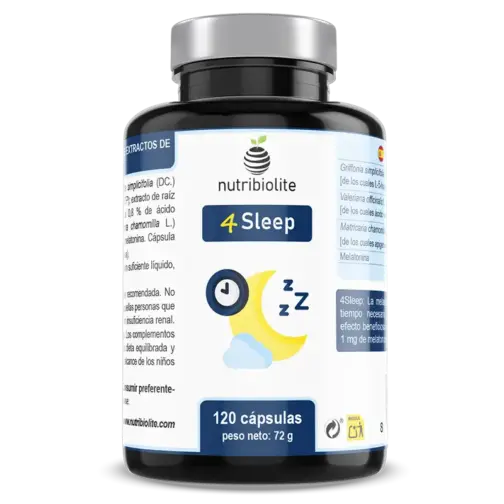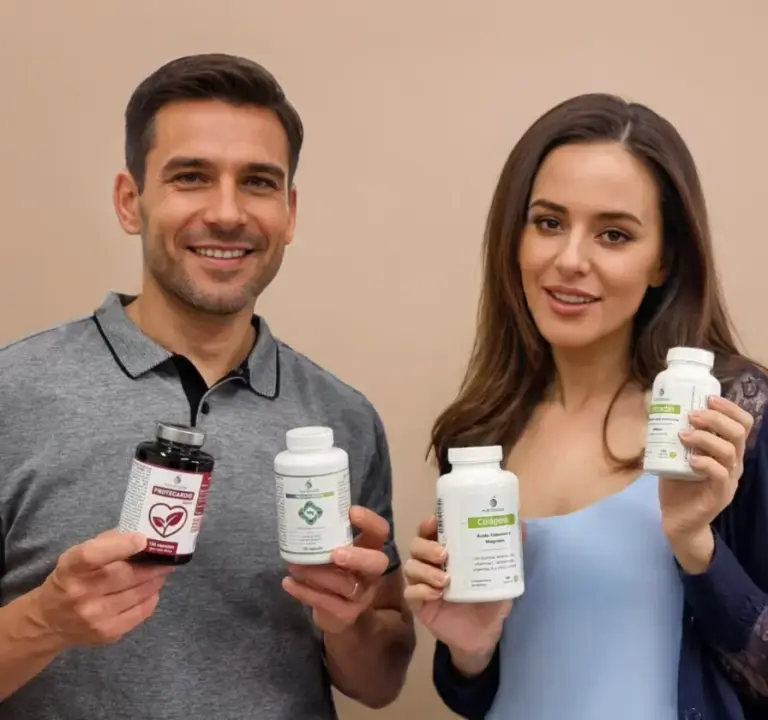A double-blind clinical trial from Anhui Medical University, published in Scientific Reports in 2025(study in Scientific reports 2025), explored how non-invasive brain stimulation can support rest in people with chronic insomnia. Fifty-five adults participated for ten days, receiving transcranial stimulation sessions or placebo. The results show that those who received the active intervention achieved significant improvement in subjective sleep quality, reduced time to fall asleep and greater night-time efficiency. The study highlights limitations such as short duration, lack of long-term follow-up and lack of pre-lab adaptation.
For those seeking more stable nights, this work suggests that small physiological adjustments, even without drugs, can positively influence sleep rhythms and daytime rest. The key seems to lie in following the body’s natural signals: reducing stimuli before sleep, taking care of the nightly routine and favouring internal mechanisms that promote mental calmness.
The subtle art of preparing body and mind for sleep
Getting a good night’s sleep does not depend only on external silence. The brain orchestrates a complex choreography between neural networks, ambient light and daily habits. When the prefrontal system relaxes, it activates an internal network that facilitates the transition to deep sleep. In the trial cited above, stimulating specific brain areas helped reduce the time it took to fall asleep (from about 28 to 18 minutes) and improved night-time continuity, but without major changes in the overall structure of sleep.
These findings confirm that rest is much more than just closing the eyes: it requires creating conditions that are conducive both outside and inside the body. Dim light at night, a serene environment and relaxing routines allow the brain to synchronise with its natural rhythm.
Taking care of your daily habits strengthens your rest
Science increasingly points to the importance of pre-sleep rituals. A light dinner rich in tryptophan, avoiding bright screens before going to bed or gentle exercise are simple gestures that pave the way for a restful night’s sleep. This promotes the natural production of melatonin, a key molecule that marks the start of the night’s sleep.
From the age of 40 onwards, this production gradually decreases, so it is important to reinforce it with consistent routines and the right nutrients. Every little habit adds up: a warm bath before bedtime, deep breathing or gentle herbal teas help to calm the brain waves responsible for emotional balance at night.
Supporting natural rhythms with physiological ingredients
It is not always easy to maintain these habits every day. Hormonal changes, work stress or travel can disrupt the internal circadian cycle. This is where supplements designed to support these biological processes without forcing or replacing them come into play.

Melatonin 1 mg and 5-HTP with relaxing plants to facilitate the onset of rest, as a complement to specific nocturnal habits. Responsible use.
Frequently asked questions about healthy sleep and natural support
What is the difference between improving subjective quality and sleeping more hours?
Subjective quality reflects how you feel when you wake up – more mental clarity or less fatigue – while sleeping more hours measures total quantity. According to the recent study, small improvements in quality can be felt even without increasing the hours slept.
Why does melatonin drop after the age of 40?
From that age onwards, its production naturally decreases due to hormonal changes and ageing of the central nervous system. It is therefore useful to reinforce night-time routines and include foods rich in tryptophan or consider mild supplements when necessary.
How does a supplement like 4Sleep really help?
It provides precise melatonin (1 mg), along with standardised 5-HTP, valerian and chamomile to support the natural mechanisms of sleep onset and mental relaxation – without inducing dependence or drowsiness upon awakening.
Is it safe to take melatonin every day?
Low doses (up to 1 mg) have been approved by European authorities as safe for healthy adults if taken shortly before bedtime. They are not a substitute for healthy routines or personalised medical treatment if serious disorders are present.
How long does it usually take to notice the effect of good habits or supplements?
Consistency over two to four weeks combining a regular bedtime routine with quiet environments and adequate nutritional support is usually needed to see sustained improvements.
This content is for information only and is not a substitute for the advice of a healthcare professional.
















